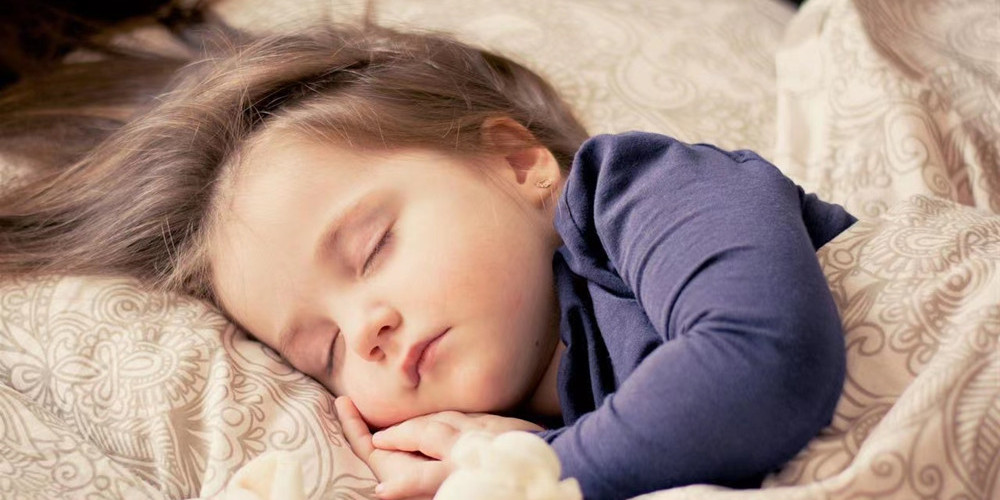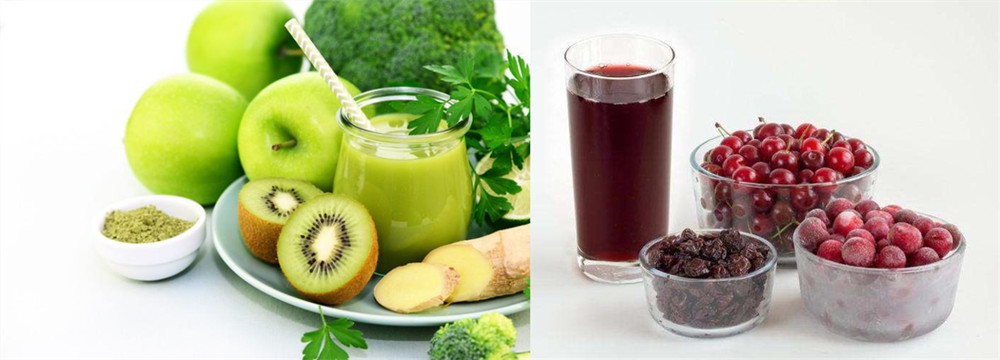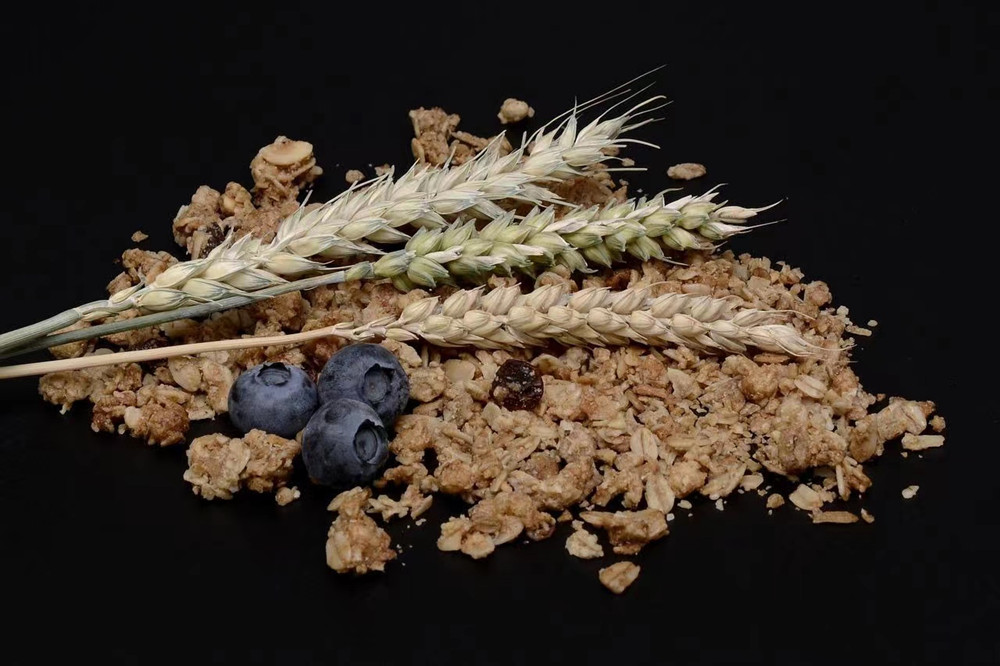Why do people get insomnia?
Insomnia is a common sleep disorder caused by many factors, it can be said to be one of the main manifestations of modern sub-health. So to speak that almost everyone ever had or is suffering from insomnia.
Insomnia can be broadly divided into physiological and psychological insomnia, while these two are usually inseparably interconnected.
It is generally believed that the physiological factors that can lead to insomnia are like anemia, cardiovascular or digestive system disorders, and other physical pains. People in sub-health status often don't know how to start with their own therapeutic schedule. For example, some people will think that their vertigo, fatigue, and anemia are caused by poor sleep, but in fact, it is anemia leads to insomnia. 85% found they can sleep better after the hemoglobin index returned to normal. Therefore, the effective way to returning health is diagnose the cause first and then apply the medicine to the source malaise.

Insomnia caused by anxiety or depression is often more difficult to treat. For this case, except positive psychotherapy, supplementing necessary B vitamins can also play an auxiliary role.
For example, brown rice and yeast are rich in Vitamin B1 and B6, which human beings cannot synthesize directly, but do need it very much to maintain the balance of brain oxidative metabolism. Vitamin B9, namely folic acid, anti anemia factor, can not only promote the development of infants' nervous system, but also prevent cardiovascular and cerebrovascular diseases and improve sleep quality. Not to mention Vitamin B12, a common vitamin to prevent red blood cell deficiency and anti anxiety.
Other supplements such as melatonin, 5-HTP,γ-aminobutyric acid (GABA) and herbal supplements such as extract of jujube seed, lavender, valerian, tart cherry etc. are also effective for helping sleep. If your unbalanced diet causes the body to lack relevant elements for sleep, you can check below studies on natural food for improving sleep.

A clinical study published by Taipei Medical University in 2021 conducted a clinical trial on 24 healthy subjects aged between 20 and 55. The researchers asked these subjects to eat two kiwifruit an hour before going to bed for 4 weeks, and then assessed their sleep status with the modified PSQI sleep quality scale (Pittsburgh sleep quality index, it was compiled by Dr. Buysse, a psychiatrist at the University of Pittsburgh in 1989. The scale consists of 9 questions, which is applicable to the evaluation of sleep quality of patients with sleep disorders and mental disorders, as well as the evaluation of sleep quality of ordinary people). The results showed that after eating kiwi for 4 weeks, the PSQI scale decreased by 42.4%, and the time to wake up after falling asleep decreased by 28.9%, The time needed to wake up to sleep decreased by 35.4%, the total sleep duration increased by 13.4%, and the sleep efficiency increased by 5.41%. The conclusion of the study is that kiwi fruit can improve sleep time, sleep efficiency and self-rated sleep quality.
In a prospective cross-over clinical study in 2018, eight subjects with sleep disorders drank 240mlx2 tart cherry juice every day for two weeks. After drinking sour cherry juice during the trial period, the subjects' sleep time increased by an average of 84 minutes, and the PSQI sleep quality scale improved. The researchers analyzed that cherry juice can increase sleep time and sleep efficiency, possibly through the action of proanthocyanidins antioxidants, increase tryptophan (melatonin precursor) in the central nervous system, and also reduce the inflammation of the subjects' bodies, so as to improve insomnia.
In addition to tart cherries, there are also other kinds of sweet cherries, such as Spanish cherries (Jerte cherry), which have also been proved in intervention studies to improve sleep and increase subjects' antioxidant and melatonin levels.

A prospective study published in 2019 tracked 77000 middle-aged women for 3 years and found that high GI foods (high GI foods, such as rice, noodles, sugars and other foods with a glycemic index of more than 70, have fast digestion, high absorption rate and fast glucose release after entering the gastrointestinal tract. After ingesting these foods, the peak value and rise of blood glucose is high) increased insomnia, while a diet with more fruits and vegetables reduced the probability of insomnia, and more dietary fiber and whole grains also reduced the probability of insomnia.
In 2020, a prospective cohort study led by the Columbia University research team tracked 53000 people for three years and found that high GI diet increased the risk of insomnia by 11%. The addition of sugar, starch and refined grains were independent risk factors of insomnia, respectively, while whole grains and dietary fiber were significantly related to reduced insomnia.
Most notably, the acute effect of high GI food may improve sleep, but the long-term chronic effect is detrimental to healthy sleep.
Edit by:
Product Development Department of
HLSHARE TECHNOLOGY CO., LTD
